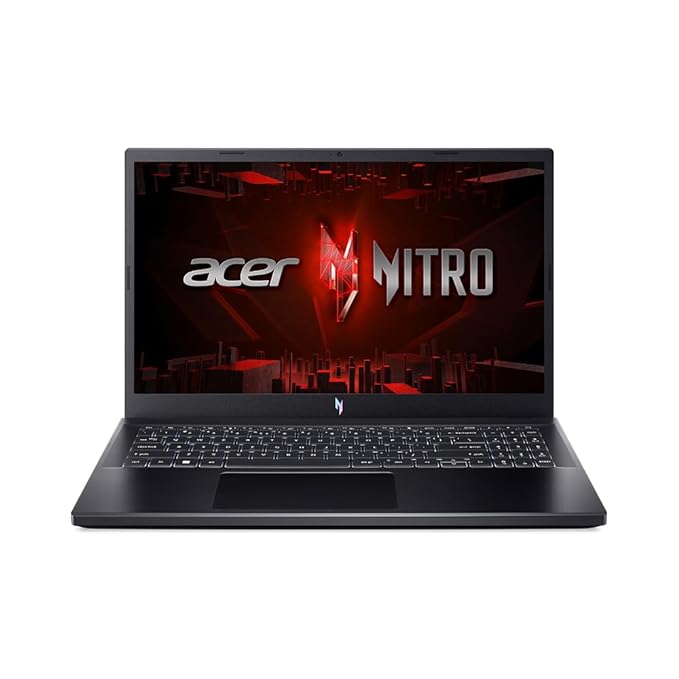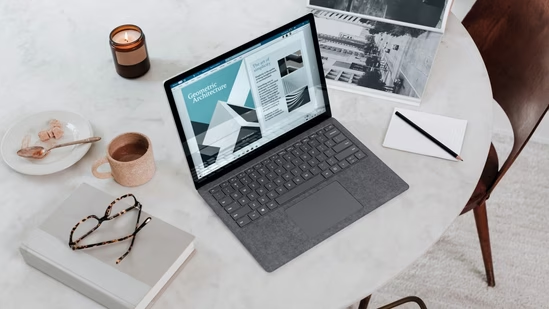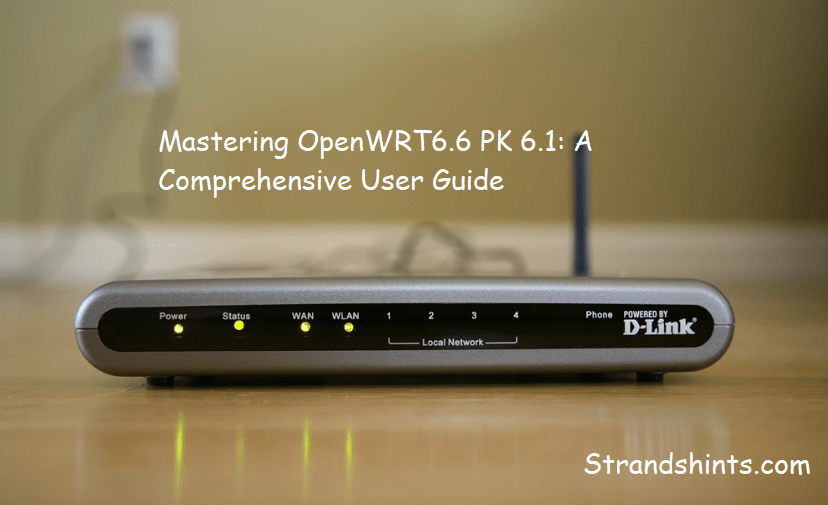Table of Contents
Introduction
Choosing the best gaming laptop can feel like a daunting task, especially with so many options available in the market today. From graphics cards to processors, the specifications can quickly become overwhelming. However, with the right guidance, you can make an informed decision that fits your gaming needs and budget. In this comprehensive guide, we will explore the key factors to consider when selecting a gaming laptop. By the end, you will feel empowered to choose a laptop that enhances your gaming experience.
At TheLaptopAdviser.com, we aim to simplify the laptop selection process by providing expert insights and practical tips. Whether you’re a casual gamer or a hardcore enthusiast, understanding what makes a great gaming laptop is crucial. Let’s dive in!
Understanding Gaming Laptops
Before we delve into the specifics of choosing a gaming laptop, it’s essential to understand what sets gaming laptops apart from regular laptops. Gaming laptops are designed to handle graphically intensive applications, such as video games, and typically include:
- Powerful Graphics Cards: Essential for rendering high-quality graphics and providing a smooth gaming experience.
- High-Performance Processors: These CPUs are designed to handle multiple tasks simultaneously, ensuring that games run smoothly without lag.
- Enhanced Cooling Systems: Gaming generates a lot of heat, so these laptops have advanced cooling solutions to prevent overheating.
- High Refresh Rate Displays: Many gaming laptops come with displays that offer higher refresh rates, improving gameplay fluidity.
Key Factors to Consider
When choosing the best gaming laptop for your needs, consider the following factors:
1. Budget
Your budget is perhaps the most crucial factor in deciding which gaming laptop to purchase. Gaming laptops can range from around $500 to over $3,000. Here’s a rough breakdown of what to expect at different price points:
- Under $1,000: Entry-level gaming laptops often come with basic specifications that can handle less demanding games. Look for models with mid-range graphics cards like the NVIDIA GTX 1650 or AMD Radeon RX 5500M.
- $1,000 – $1,500: Mid-range options provide a balance between performance and price. You can expect better graphics cards like the NVIDIA GTX 1660 Ti or RTX 2060, making it suitable for most modern games at medium to high settings.
- Above $1,500: High-end gaming laptops will typically come equipped with top-tier components, such as the latest NVIDIA RTX 30 series graphics cards and high-performance processors. These are ideal for gamers looking for a premium experience.
2. Graphics Card (GPU)
The graphics card is arguably the most important component of any gaming laptop. It determines how well your laptop can handle graphics-intensive games. Here’s what to keep in mind:
- NVIDIA vs. AMD: NVIDIA’s GeForce RTX series offers excellent performance and features like ray tracing, which can significantly enhance the visual quality of games. AMD’s Radeon RX series is also a solid choice, often offering competitive performance at a lower price point.
- VRAM: Look for a GPU with at least 4GB of VRAM for 1080p gaming. For 1440p or 4K gaming, aim for 6GB or more.
3. Processor (CPU)
The CPU plays a vital role in a gaming laptop’s performance. While the GPU handles graphics, the CPU is responsible for processing all other game-related tasks.
- Intel vs. AMD: Intel’s Core i5 and i7 processors are popular choices for gaming laptops, while AMD’s Ryzen 5 and 7 series have gained traction due to their excellent performance and price-to-performance ratio.
- Cores and Threads: A processor with at least 4 cores and 8 threads is recommended for gaming. More cores can help with multitasking and future-proofing your laptop.
4. RAM
Random Access Memory (RAM) affects how many applications you can run simultaneously. For gaming, it’s essential to have sufficient RAM to ensure smooth performance.
- Minimum Requirements: A minimum of 8GB of RAM is recommended for gaming laptops. For more demanding games or if you plan to multitask, 16GB is ideal.
5. Storage
Storage affects loading times and how quickly your games will run. You have two primary options: HDD (Hard Disk Drive) and SSD (Solid State Drive).
- SSD vs. HDD: SSDs are significantly faster than HDDs, leading to quicker boot and load times. Look for gaming laptops that have at least a 256GB SSD for faster performance. Some laptops come with a combination of both for optimal storage and speed.
- Capacity: Consider your gaming library size. A 512GB SSD is a good starting point, but if you play many large games, you may want to opt for 1TB or more.
6. Display Quality
The display quality directly impacts your gaming experience. Here’s what to consider:
- Resolution: For most gamers, a Full HD (1920×1080) display is sufficient. However, if you want sharper visuals, consider a 1440p or 4K display.
- Refresh Rate: A higher refresh rate (120Hz, 144Hz, or 240Hz) allows for smoother gameplay. If you play competitive games, a 144Hz refresh rate is highly recommended.
- Panel Type: IPS panels provide better color accuracy and viewing angles compared to TN panels, although TN panels might offer faster response times.
7. Battery Life
Gaming laptops often prioritize performance over battery life, but it’s still essential to consider. Look for laptops with decent battery life, especially if you plan to use it on the go. Many gaming laptops offer around 4-6 hours of battery life under normal usage.
8. Cooling System
Effective cooling is vital for maintaining performance and longevity. Look for laptops that feature:
- Multiple Fans: More fans generally mean better heat dissipation.
- Heat Pipes: These are designed to efficiently transfer heat away from critical components.
- Adjustable Fan Profiles: Some laptops allow you to control fan speeds based on your gaming needs.
9. Build Quality and Design
While performance is crucial, don’t overlook the laptop’s build quality. A sturdy design can ensure durability, especially if you travel often. Consider:
- Weight and Portability: If you need a laptop for gaming on the go, look for a lightweight model. Generally, gaming laptops are heavier due to their powerful components.
- Keyboard and Touchpad: Look for a comfortable keyboard with good travel and responsiveness. Backlit keyboards can also enhance the gaming experience.
10. Additional Features
- RGB Lighting: Many gaming laptops come with customizable RGB lighting for aesthetics.
- Ports and Connectivity: Ensure the laptop has enough USB ports and HDMI outputs for your peripherals.
- Audio Quality: Good sound quality can enhance the gaming experience. Look for laptops with decent speakers or consider investing in good headphones.
Where to Buy
You can purchase gaming laptops from various retailers, both online and in physical stores. Here are some reputable options:
- Amazon: A vast selection with user reviews to help guide your choice.
- Best Buy: Offers in-store pickup options and a knowledgeable staff to assist with your selection.
- Newegg: Known for competitive pricing and detailed product listings.
Conclusion
Choosing the right gaming laptop requires careful consideration of several factors, including budget, performance specifications, and additional features. By evaluating your gaming needs and preferences, you can find a laptop that not only fits your budget but also enhances your gaming experience.
At TheLaptopAdviser.com, we hope this guide has provided valuable insights into the process of selecting the best gaming laptop. Remember, the perfect gaming laptop is the one that meets your specific requirements, whether that’s playing the latest AAA titles or enjoying indie games on a budget. Take your time, do your research, and happy gaming!
FAQs
1. What should I look for in a gaming laptop?
When choosing a gaming laptop, consider key components like the graphics card (GPU), processor (CPU), RAM, storage type and capacity, display quality, cooling system, and battery life.
2. How much should I spend on a gaming laptop?
The price of gaming laptops can vary significantly. Entry-level options start around $500, while mid-range models typically cost between $1,000 and $1,500. High-end gaming laptops can exceed $2,000.
3. Is it better to have an SSD or HDD for gaming?
An SSD (Solid State Drive) is preferable for gaming due to faster load times and overall improved performance. Many gamers opt for a combination of both SSDs for the operating system and essential games, and HDDs for additional storage.
4. Can I upgrade my gaming laptop?
Many gaming laptops allow for upgrades, such as adding more RAM or replacing the storage drive. However, upgrading the GPU is often not possible due to the integrated nature of most gaming laptops.
5. What is the importance of cooling in gaming laptops?
Effective cooling systems in gaming laptops are essential to maintain performance and prevent overheating during intensive gaming sessions. Look for laptops with multiple fans and advanced cooling technologies.






